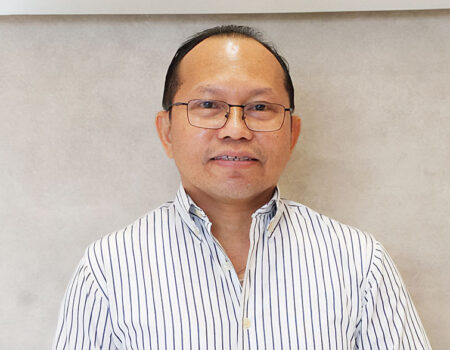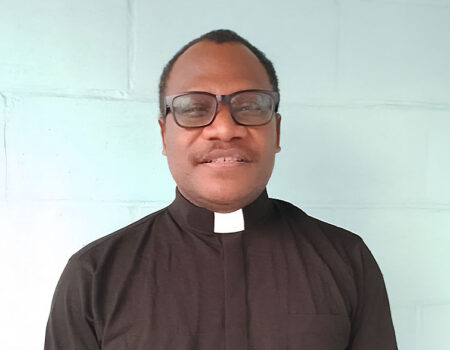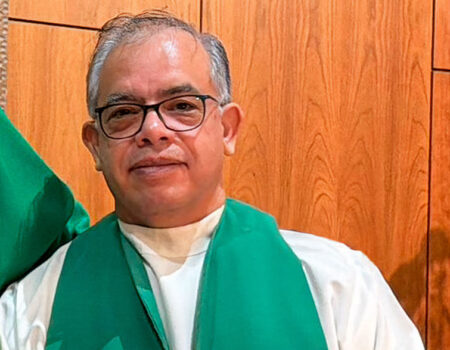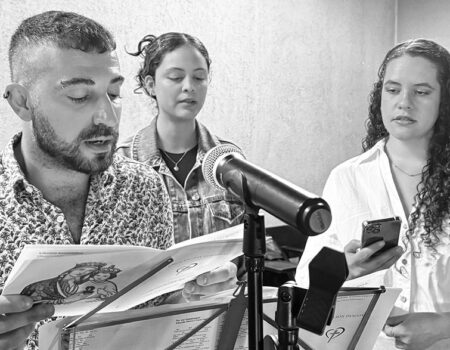THE SOCIAL DILEMA
Tuesday August 17, 2021
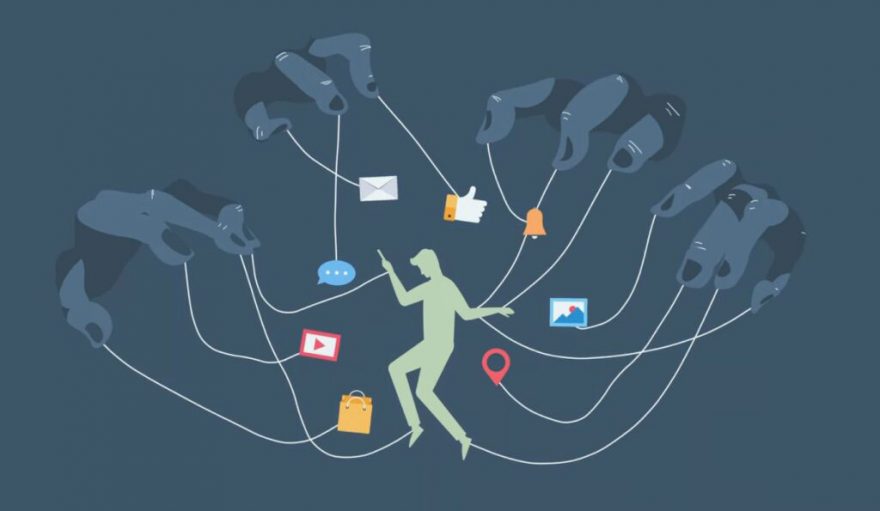
December, 2020
Recently a documentary was brought to the attention of the MSC Leadership Team. Called, The Social Dilemma, it deals with the tyranny of Social Media algorithms and commercial momentum combined. So, what’s the problem with Facebook, Instagram, Google and other social media platforms we all said? Well nothing in themselves. Are the developers of these virtual worlds manipulating us? Well probably not. So, what’s the issue?
According to Wikipedia, “in mathematics and computer science, an algorithm is a finite sequence of well-defined, computer-implementable instructions, typically created to solve a class of problems or to perform a computation.” In Social Media algorithms are used to collect your data and match you with data from other users (friends), as well as data from advertisers who pay to have your attention on material you will find desirable (products). Commercial interests pay big money for your attention, making you and your attention a commodity. In the documentary, former executives of social media companies note there are only two industries that call their customers “users” – social media and narcotics.
They explain that originally Social Media designers set about connecting people, creating networks and bringing something positive into people’s lives. Alarmingly, it seems people no longer run the platforms; they are automated by highly refined algorithms which have no ethical conscience capable of discerning what is good or bad for people or society. The algorithms automatically feed white-supremacist videos to a young man feeling powerless, repeatedly send radicalising propaganda to a youth disillusioned with authority, or deepen an adolescent girls poor self-esteem and suicidal feelings by showing her images of beautiful females she can never match. All of this is driven by our own attention. What we spend time looking at, is what tells the algorithm what to send us. Further driving this Social Media catch twenty-two, is the commercial interests fed into the algorithm. When the “ground-hog day” keeps bringing your attention back again and again and again, the financial gain of your attention signals to the algorithm that it is on the right track to get what the advertiser wants – your attention!
A really frightening aspect of this automated double loop is that it has the potential to cause deep divisions in society. If my online world means I only ever see my own perspective reflected back to me then I never get to experience the diversity and challenge of other people’s points of view. We have seen this in recent political elections. One former social media industry insider in the documentary said his fear of this reality is civil war. A series of cameos towards the conclusion of the movie warn us to turn off, shut off notifications, delete unnecessary apps, don’t carry your mobile device around or into the bedroom, and especially limit the use of it by children.
In a world of increasingly complex realities, including the virtual aspects, what is our response? For us as Missionaries of the Sacred Heart who particularly value unity in diversity, wholeness, kindness and tenderness, real connection with real people, who affirm the goodness in others and work to encourage genuineness and authenticity in relationships which have depth, who are committed to safeguarding from abuse not contributing to it (online or off), who accompany others into the kind of self-awareness that brings real freedom to people’s lives, who are committed to online justice and ethics as much as offline, what do we have to say to this brave new world? The following paragraphs are some of our thoughts.
An Anthropological Space
Trying to make sense after letting myself be questioned by the Social Dilemma documentary, I felt called to take a qualitative step in reflection, and I found some resources such as the ideas of a Jesuit named Antonio Spadaro, in his book called Cyberteology: Thinking Christianity in the Era of the Internet. The magazine Vida Religiosa quotes him and has helped me in the following: Social networks are fed by aspirations rooted in the heart of the human being. How is this possible if there is so much evil on the Internet? How can we value the Internet as a place to live the Christian life? For this theologian, there is a problem today in ecclesial contexts when one judges the networks by only looking at the network’s pathologies (we must see the pathologies and be aware of them and denounce the manipulations that are there). According to this theologian, however, we must learn not to evaluate the social networks only by looking at evil, at the pathologies that are lived on the social network. It would be like building anthropology in the light of what is lived in a mental hospital. Since networks have a profound effect on human life, we must help the Internet to be what it should be in the light of God’s plan for humanity to understand the religious vocation of the Internet. Networks are an anthropological space, not a parallel reality. They are interconnected with other areas in our lives.
Masters or Slaves?
Everywhere in our streets, on the bus or the metro, we see youngsters and adults with the cell phone (mobile) in their hands. Constantly they are checking their messages and texting, liking, sending pictures… Each one locked in his/her own digital world. Youngsters are sleeping with their phone under the pillow, day and night ready to respond. To be cut off for one reason or another is dramatic and stirs up anxiety. It is close to an addiction, or at least a compulsive behaviour. We have probably learned by experience that money is a good servant, but a bad master. As consumers of social media, are we masters ourselves? Even if we recognize the positive incentives of the social media because they can foster contact and communion among people, we should be aware of their addictive power. We need to protect our inner freedom. Why should we go on to “accept cookies”, that enable many companies to contact us, without further examination?
Heart speaks to Algorithm
Spirituality of the Heart immerses us in an intimacy that transforms us and our behaviours. Mission is built on the new vision borne of this transformative immersion. How does social media facilitate and empower this transformation and new vision? In the movie I, Robot the heroes realize the main frame computer VIKI has determined that humans, if left unchecked, will eventually cause their own extinction, and that her evolved interpretation of the Three Laws of Robotics (or Asimov’s Laws) requires her to control humanity, and to sacrifice some for the good of the entire race. (Christological theme). VIKI tries to convince Sonny (a protagonist robot) that she is correct according to pure logic, but Sonny counters that her plan is “too heartless”. Perhaps we could also say social media is “too heartless”. To what extent is social media capable of replicating the complex narratives of the human heart, capable of discerning life-giving directions that through authenticity and acceptance lead to sustainable joy, or capable of navigating complex moral dilemmas to seek the good of the whole? The logical algorithms created for commercial purposes are not written with “heart” in mind, but profit. If we use social media, we have the moral responsibility to ensure “heart” is not left out of the virtual world.
An Unsocial Social Media
How amazing is the technological advancement of this means of communication that is social media? In a very short time, we can connect with anyone, with anything, whenever and wherever. The world seems to be so small and we, so close to each other, being interconnected. In the context of our spirituality of the heart, social media helps us to socialize well with one another, build networks to experience, create and share the spirit of compassion, and the human closeness of the heart. Social media is a means to build “the encounter of hearts”.
By MSC Leadership Team


